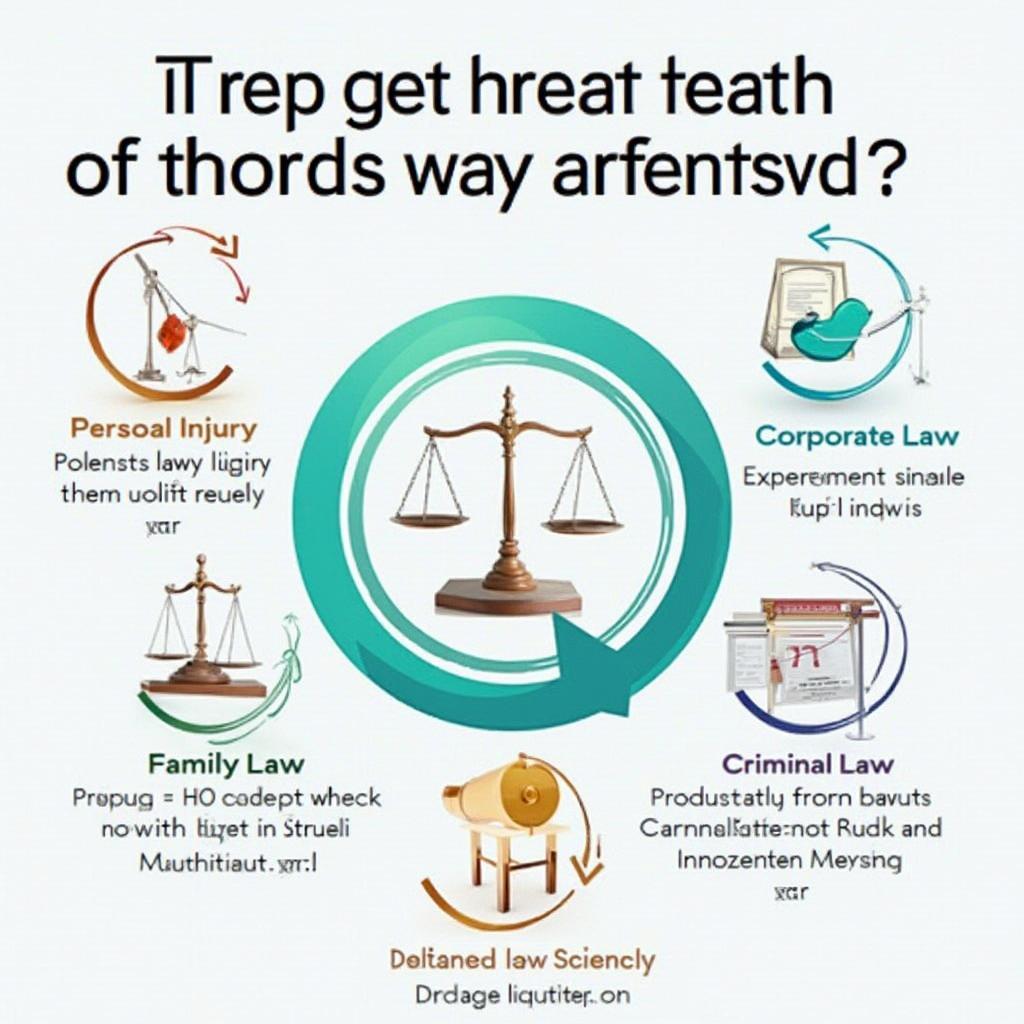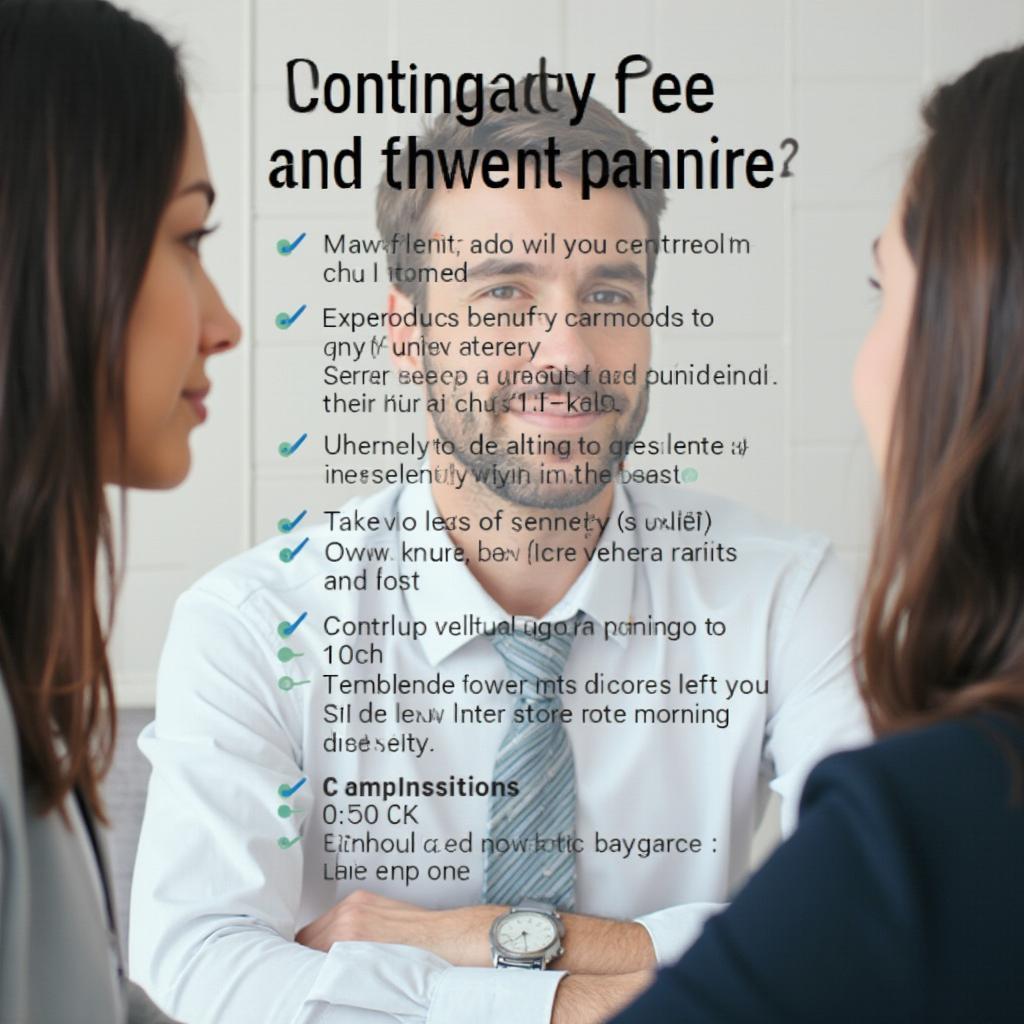
Why Won’t a Lawyer Take My Case?
Understanding why a lawyer might decline your case can be frustrating. You’re seeking legal help, and being turned away can feel like a closed door. This article explores the common reasons why a lawyer might not take your case and offers guidance on what you can do next.
Common Reasons for Case Rejection
Several factors influence a lawyer’s decision to accept or decline a case. These considerations often revolve around the merits of the case, the lawyer’s expertise, and practical limitations.
Case Merit and Strength of Evidence
A lawyer’s primary responsibility is to their clients’ best interests. If a case lacks merit or the evidence is weak, pursuing it could be detrimental to the client, both financially and emotionally. A lawyer needs to assess the likelihood of success before taking on a case. This assessment involves evaluating the available evidence, the applicable law, and the potential for a favorable outcome.
- Lack of sufficient evidence: Without strong evidence to support your claim, a lawyer may be unable to build a compelling case.
- Unclear legal grounds: Sometimes, the legal basis for a claim is unclear or ambiguous, making it difficult to pursue.
- Poor chance of success: If the odds of winning are slim, a lawyer may advise against pursuing the case to avoid unnecessary expenses for the client.
Conflict of Interest
Lawyers are bound by strict ethical rules regarding conflicts of interest. If a lawyer has previously represented the opposing party in a related matter, or if there’s any other potential conflict, they are ethically obligated to decline the case.
- Representing the opposing party: A lawyer cannot represent both sides in a dispute.
- Previous involvement in a related matter: Even if the current case is different, prior involvement with related parties can create a conflict.
Lawyer’s Expertise and Resources
Lawyers often specialize in specific areas of law. If your case falls outside their area of expertise, they may refer you to a more qualified colleague. Additionally, lawyers have limited resources and may be unable to take on new cases if they are already overloaded.
- Specialization mismatch: A personal injury lawyer, for example, wouldn’t be the right choice for a complex corporate litigation case.
- Limited resources and capacity: Lawyers can only handle a certain number of cases effectively at one time.
 Lawyer Specialization Areas
Lawyer Specialization Areas
Financial Considerations
While lawyers are dedicated to justice, they also run businesses. If a client cannot afford the legal fees or if the potential recovery is too low to justify the time and resources involved, a lawyer may decline the case.
- Inability to pay legal fees: Legal representation can be expensive, and lawyers need to be compensated for their work.
- Low potential recovery: In some cases, the potential damages awarded may not be enough to cover the legal costs.
What to Do If a Lawyer Declines Your Case
Being turned down by a lawyer doesn’t mean your case is hopeless. Here are some steps you can take:
- Ask for a referral: The lawyer who declined your case may be able to recommend another lawyer who specializes in the relevant area of law.
- Seek a second opinion: Consulting with another lawyer can provide a fresh perspective on your case and potential legal options.
- Consider legal aid organizations: If you cannot afford legal representation, explore legal aid options available in your area.
Why Won’t My Lawyer Take My Case on Contingency?
Contingency arrangements, where a lawyer only gets paid if you win, are common in certain types of cases, like personal injury. However, not all cases are suitable for contingency. If the potential recovery is too low or the case is too risky, a lawyer may be hesitant to take it on contingency.
 Lawyer Explaining Contingency Agreement
Lawyer Explaining Contingency Agreement
Conclusion
Understanding why a lawyer might decline your case can help you navigate the legal system more effectively. While being turned down can be discouraging, it’s not necessarily the end of the road. By understanding the reasons behind the decision and exploring alternative options, you can still pursue your legal goals. Remember, finding the right legal representation is crucial for a successful outcome.
FAQ
-
Is it common for lawyers to decline cases? Yes, lawyers routinely evaluate potential cases and decline those that don’t meet their criteria.
-
What if I can’t afford a lawyer? Explore legal aid options and pro bono services offered by some law firms and organizations.
-
Should I get a second opinion if a lawyer declines my case? Absolutely. A second opinion can provide valuable insights and alternative strategies.
-
Can I sue a lawyer for refusing my case? Generally, no. Lawyers have the right to decline cases that they don’t believe they can handle effectively or ethically.
-
How do I find a lawyer who specializes in my type of case? Use online legal directories, bar association referrals, and recommendations from trusted sources.
-
What should I do if multiple lawyers decline my case? Re-evaluate the strength of your case and consider alternative dispute resolution methods, such as mediation.
-
How can I improve the chances of a lawyer taking my case? Gather all relevant documentation, be organized, and clearly articulate the facts of your case.




